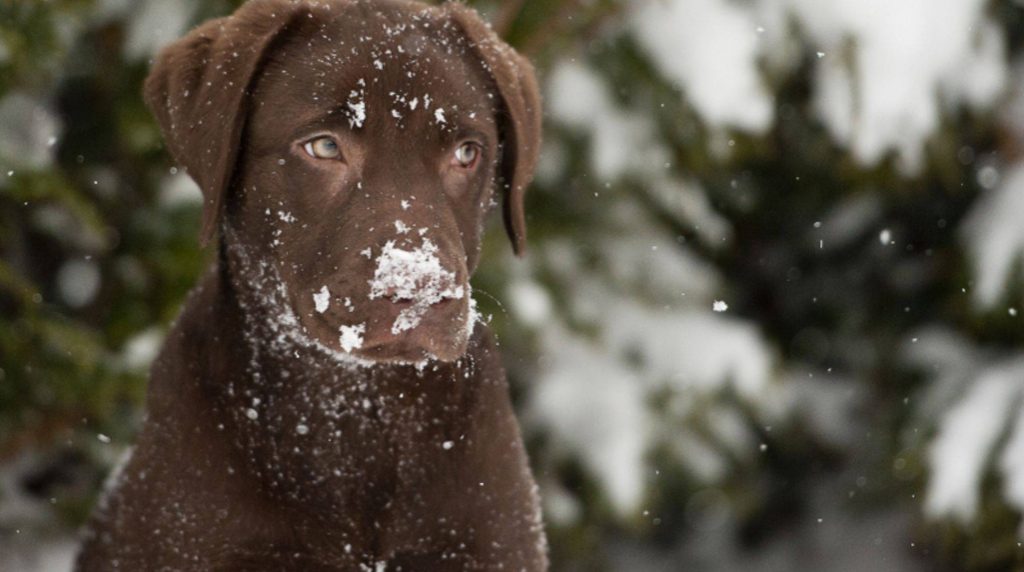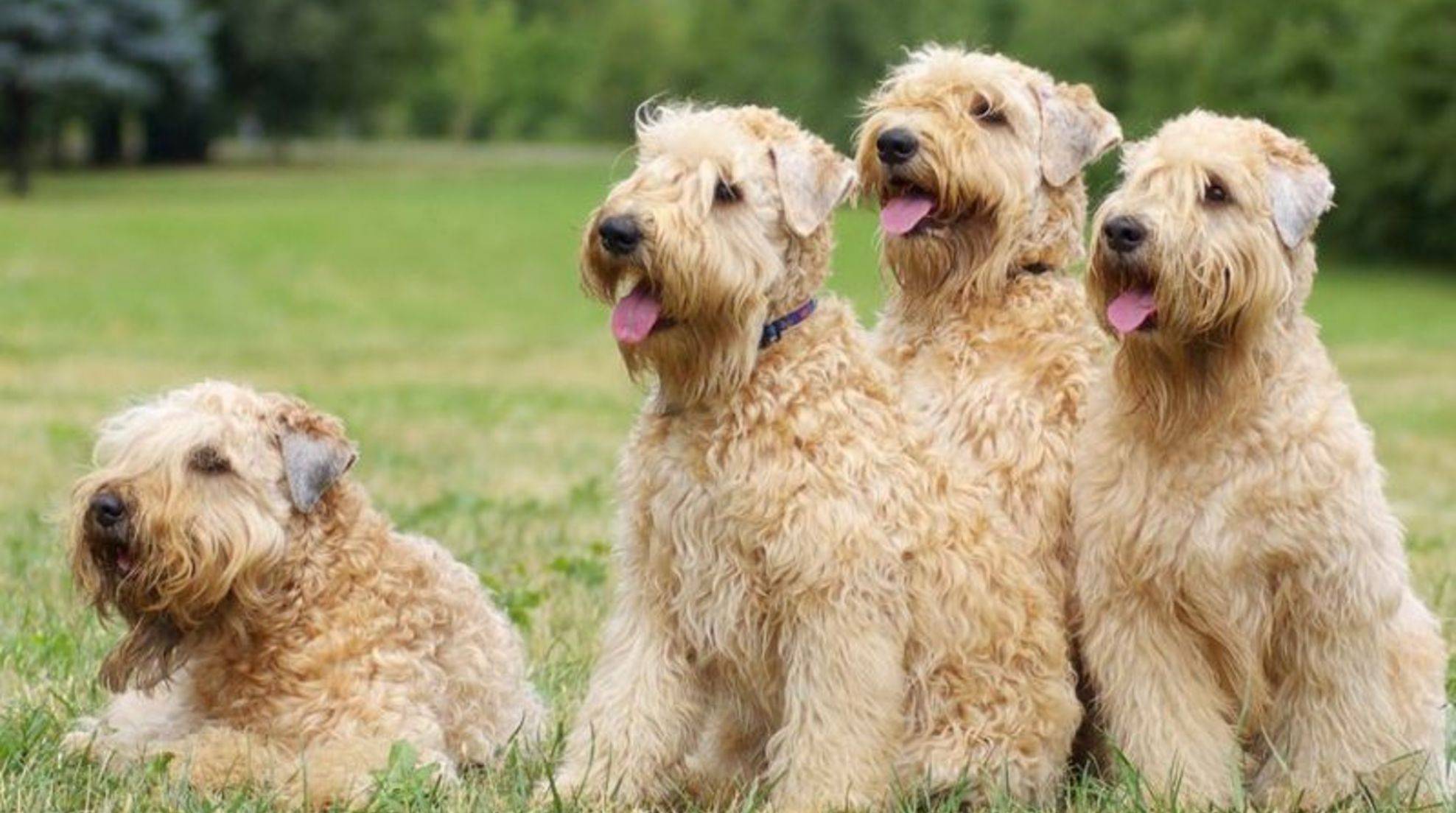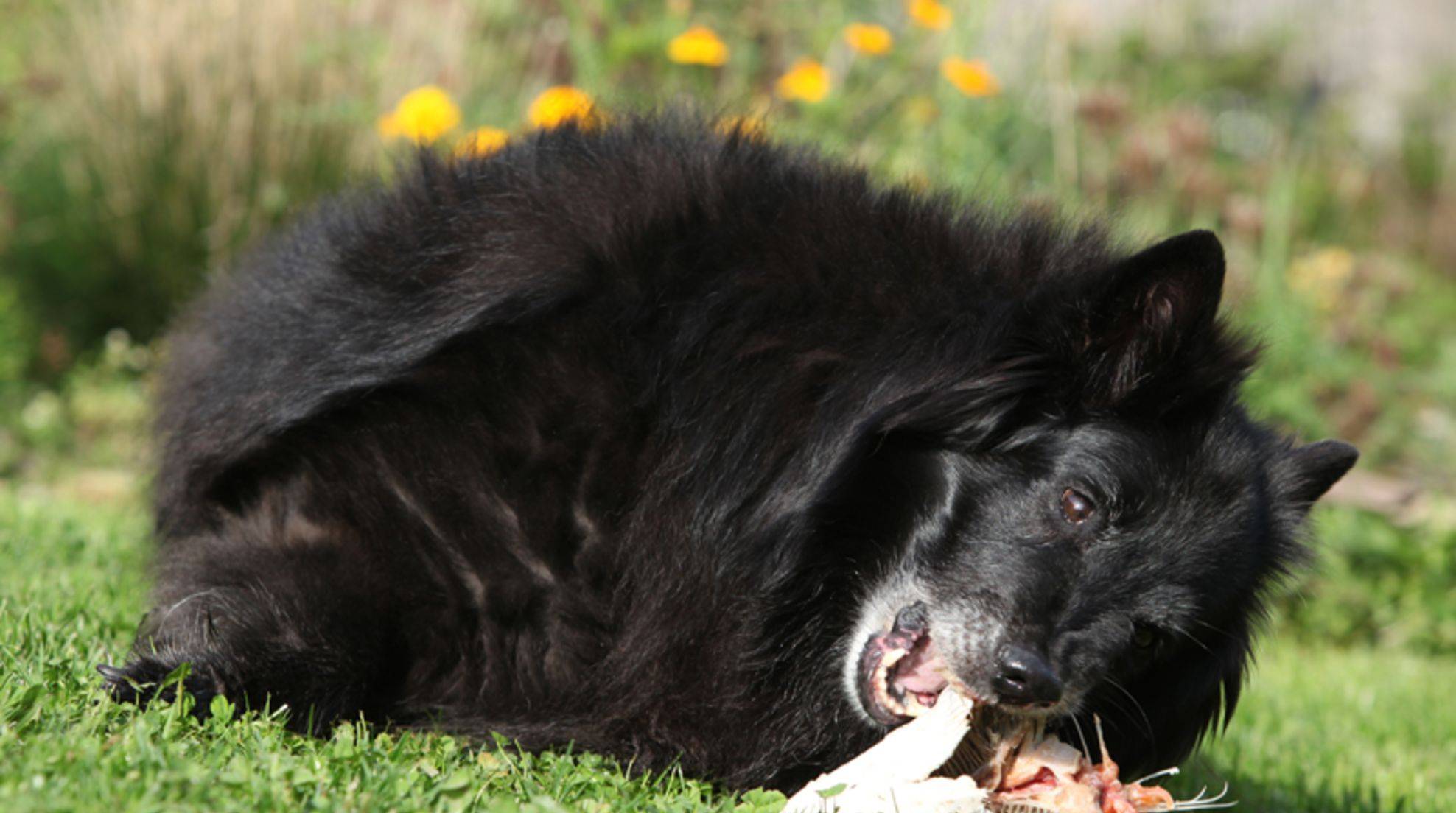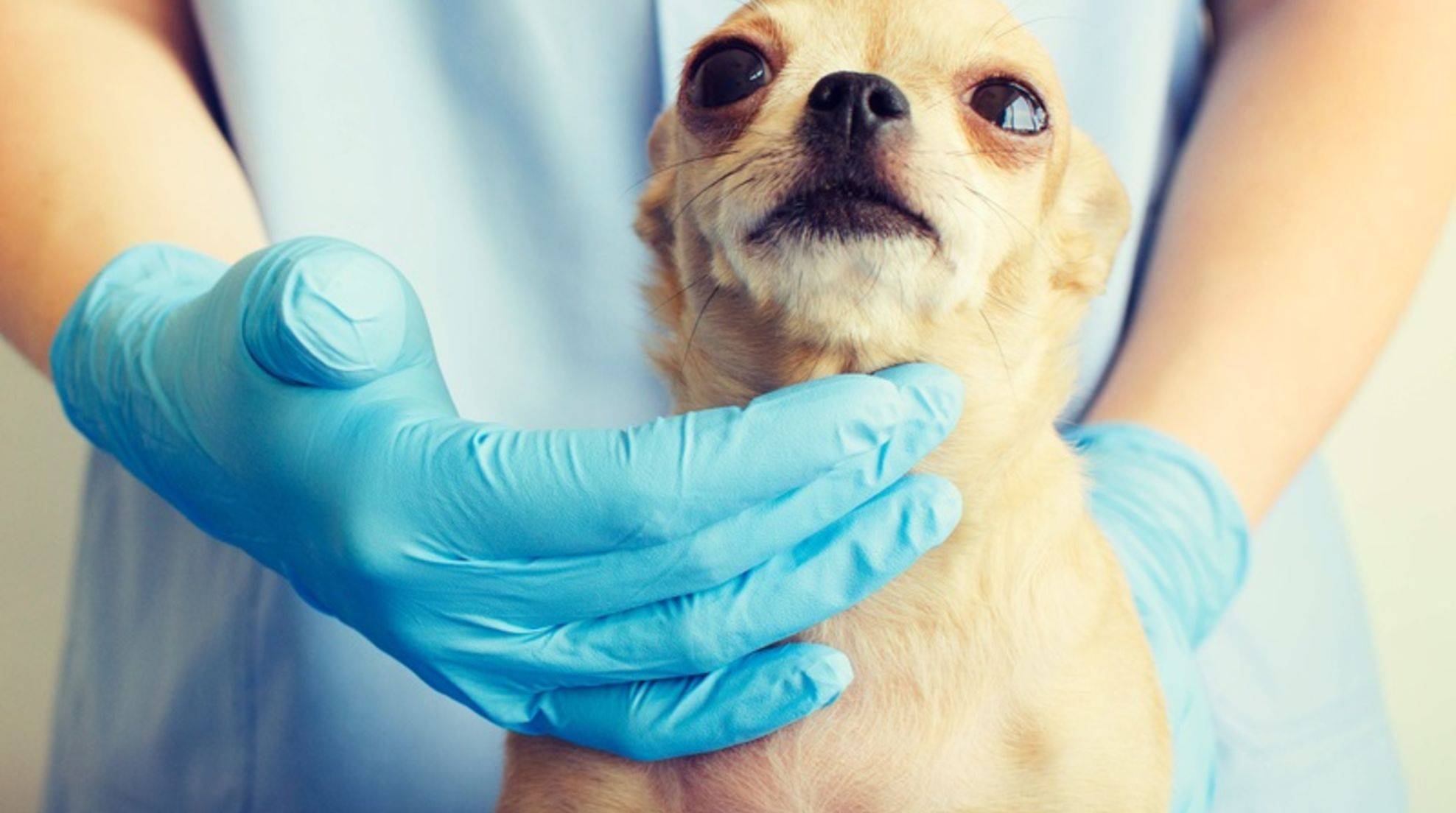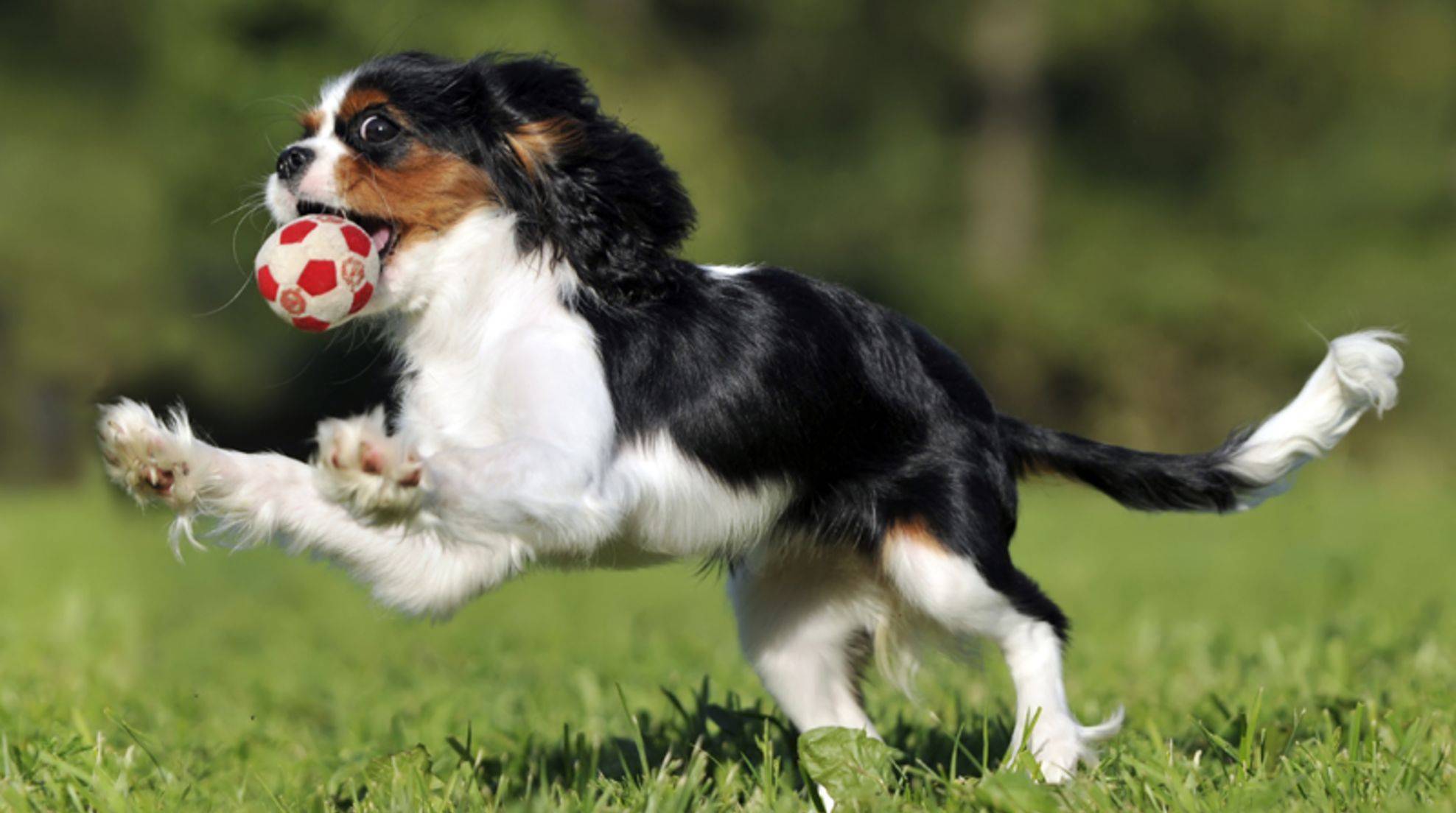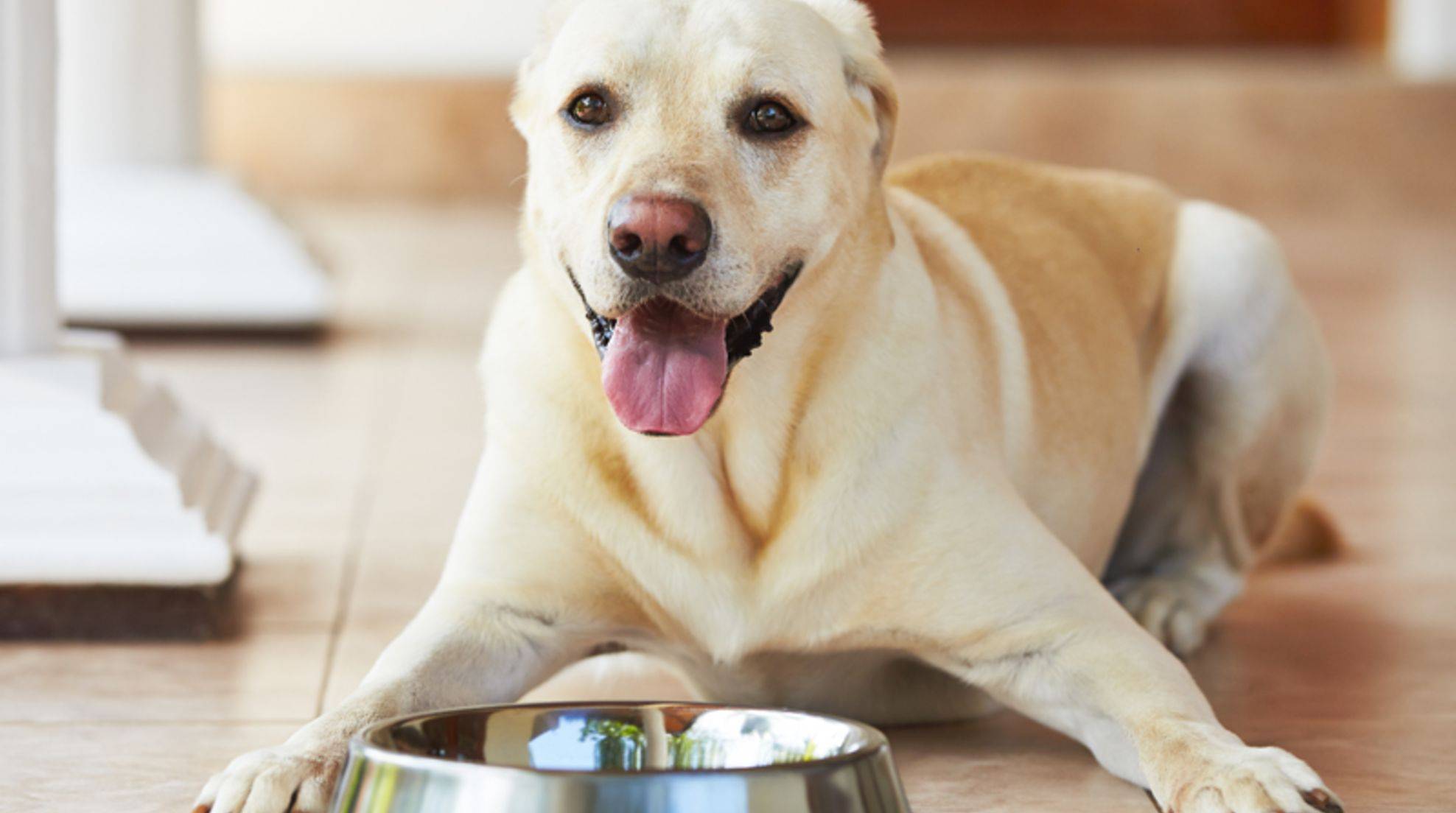Dog nutrition in winter: What is important?
Dog nutrition in winter should be adapted to the needs of your dog. In the cold season, your dog sometimes needs different feeding habits than usual. It is important that your pet gets all the important nutrients it needs, especially in winter.
The rule that proper dog nutrition in winter is always accompanied by larger portions of dog food is not necessarily true. It is true that many four-legged friends need more energy in winter because the body needs to keep warm; however, this varies from dog to dog and depends on factors such as coat condition or exercise.
Adapt dog nutrition in winter individually
Although not all dogs need to be fed more dog food in the winter, there are some that have increased energy needs. After all, the body needs to be kept warm in cold temperatures. Especially in sub-zero temperatures, it can make sense to increase the amount of food if the winter coat alone no longer keeps the dog warm enough. You should take into account coat density and coat length as well as housing conditions and amount of exercise if you want to change the usual food portions. If your dog also moves a lot in the fresh air and in the cold in winter, his energy requirements are probably increased.
Tip: It’s best to check your pelt nose’s weight regularly in winter to be sure. This way you can avoid underweight and overweight in your dog and adjust the amount of food according to his needs. If you are unsure what the ideal weight of your four-legged friend is and whether he needs more food in winter, ask your vet about what the optimal dog diet should look like in winter for your cold-nosed dog.
These nutrients are particularly important in winter
Basically, dog nutrition in winter – and in all other months of the year – should be balanced and of good quality. High-quality proteins, B vitamins, biotin and zinc are particularly important in winter. Your four-legged friend should also be supplied with sufficient unsaturated fatty acids such as salmon oil.
If necessary, appropriate dietary supplements from the specialized trade are useful. Be sure to consult your veterinarian here as well. Used correctly, suitable nutritional supplements can strengthen the body’s defenses. Also, if your dog often has cracked or rough paws in winter or suffers from joint problems, a dietary supplement adapted to his needs can help.

